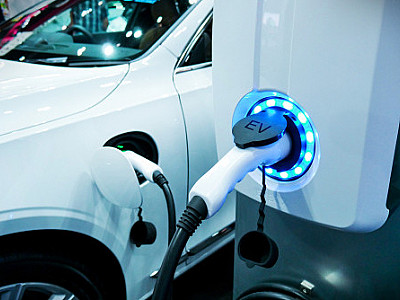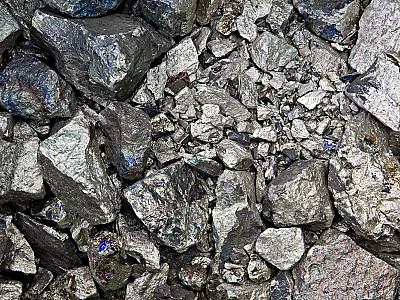Largest Forest Area #8: Indonesia is Still Struggling to Meet Global Carbon Credits’ Needs
Learn Indonesia's Efforts and Struggles to Fulfill Global Carbon Credits Demand



It has been made official that by late 2021, PT. Hyundai Manufacturing Motors Indonesia (HMMI) has become the first official automotive manufacturer to be granted permission to produce electric vehicles in Indonesia. It is estimated that starting from March 2022, Hyundai will be kick starting their EV project by producing 1,000 units of EVs in their factory. Hyundai will be the initiator of the “EV snowball effect”. As trends of market behavior change, other manufacturers (notably Toyota), are expected to penetrate the EV market to prepare for a more “green” and “electric” transportation model. So, how will Hyundai make sure that the benefits of being a first-mover in the EV industry are utilized and maximized? Let’s take a look at Hyundai’s efforts and plan to kick-start the EV industry in Indonesia!
Hyundai has invested over USD $1.5bn to build an EV factory in West Java which covers 77 hectares of land and has the capacity to produce 150,000 - 200,000 units of electric vehicles per year. We can see that over time, with their initial production of a thousand units in March, there is huge potential to quickly spread Hyundai products all over the country. With this amount of resources and assets, Hyundai has the capacity and potential to release numerous variants of EVs, such as hybrids, plug-in hybrids, plug-in hybrid electric vehicles (PHEV), and pure electric vehicles (EV). The amount of capital invested from Hyundai alone opens up new opportunities and possibilities for potentially making Indonesia the future hub for electric vehicles.
Hyundai and LG have formed a partnership to create a lithium-ion battery in Karawang, West Java. This means that Hyundai will no longer need to import its batteries. LG will become the primary source of supply in terms of the supply of EV batteries in all Hyundai products. The fact that a single EV battery pack contributes to nearly 70% of the total cost of one electric vehicle represents how crucial LG’s role is in terms of the overall industry’s growth and development. Both companies will have equal shares, and the Indonesian government promises to provide incentives and benefits for both companies to be able to grow and utilize the country’s rich resources effectively and efficiently.
Hyundai will not also be sold and distributed internally, but Australia will also be given an exclusive right for imports for Hyundai EVs. Through the IA-CEPA agreement, IBC alongside Hyundai will export their products exclusively to Australia and Indonesia will be given an exclusive deal in terms of Australia’s lithium resources. Australia is in possession of 44% of the total lithium reserves, and for Indonesia and Hyundai to have an exclusive partnership will provide them with a competitive advantage in terms of availability of resources.
We will give you updates of our latest news
Learn Indonesia's Efforts and Struggles to Fulfill Global Carbon Credits Demand

When the COVID-19 pandemic hit the nation, domestic village tourism has offered an alternative path to recovering Indonesia’s tourism industry.

Get to know more about nickel's major role and uses in our everyday lives.

See must-know facts related to carbon credit and the market in Indonesia
